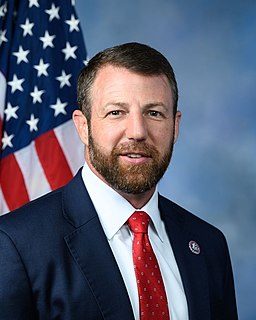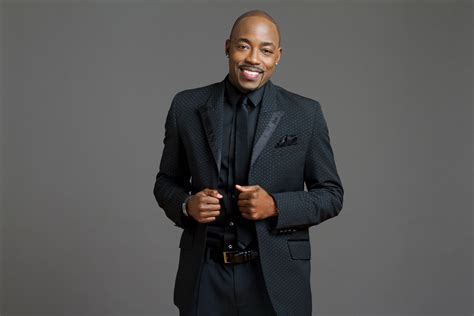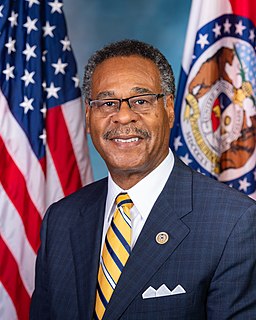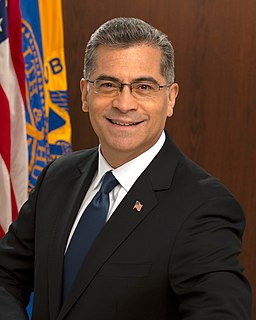A Quote by Jim Brown
The funny thing about cinema is, usually when they do a story that has African Americans in it, there always has to be a white guy who's the savior.
Quote Topics
Related Quotes
What frustrates me is to see African-Americans behave as though what European-Americans say is worthwhile. It simply isn't. It's just some silly people who can make laws and have the power to enforce them. I'm often amazed at the conversations black people have about themselves. They ought to be having these conversations about white people. It's white people who are flawed and at fault.
It's exciting to me that Ride Along is a movie that has two African American leads, but it's even more exciting to me that it's not a movie about two African American leads. They just happen to be African American. It's a universal story. It's a story about a guy in love with a girl, and he's gotta get the approval of the overbearing, mean brother. That's a universal theme.
I do know this, though: I’m done pretending that the handful of racist gay white men out there—and they’re out there, and I think they’re scum—are a bigger problem for African Americans, gay and straight, than the huge numbers of homophobic African Americans are for gay Americans, whatever their color…I’ll eat my shorts if gay and lesbian voters went for McCain at anything approaching the rate that black voters went for Prop 8.
Many White people are not sensitive to the kind of abuse that African Americans, especially younger African Americans, receive at the hands of police officers and police departments. I think for most Whites their experience with the police has been good or neutral because they don't interact with the police as much as those in the Black community.
When I was a kid, I'd go to the African-American section in the bookstore, and I'd try and find African-American people I hadn't read before. So in that sense the category was useful to me. But it's not useful to me as I write. I don't sit down to write an African-American zombie story or an African-American story about elevators. I'm writing a story about elevators which happens to talk about race in different ways. Or I'm writing a zombie novel which doesn't have that much to do with being black in America. That novel is really about survival.
All of you are aware of the tragic history of racism in America, but for a very long time, African-Americans and their white allies came together and they struggled and they stood up for justice and they stood up to lynching and they stood up to segregation and the stood up to a nation where African-Americans couldn't even vote in America.





































